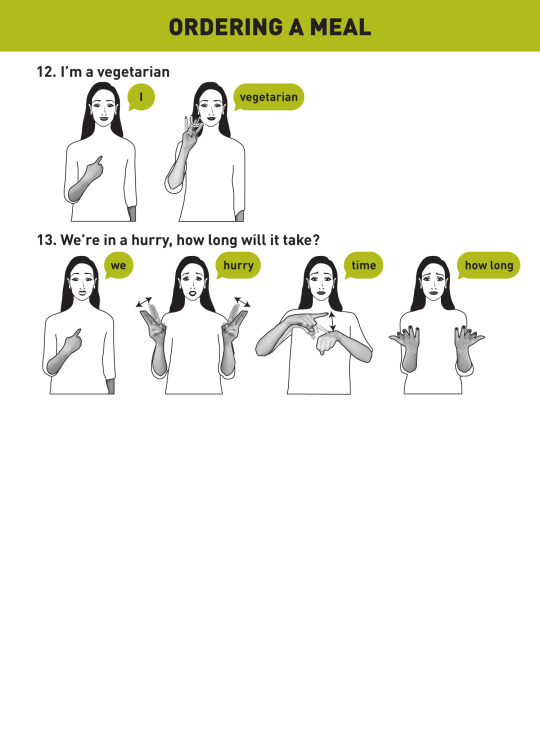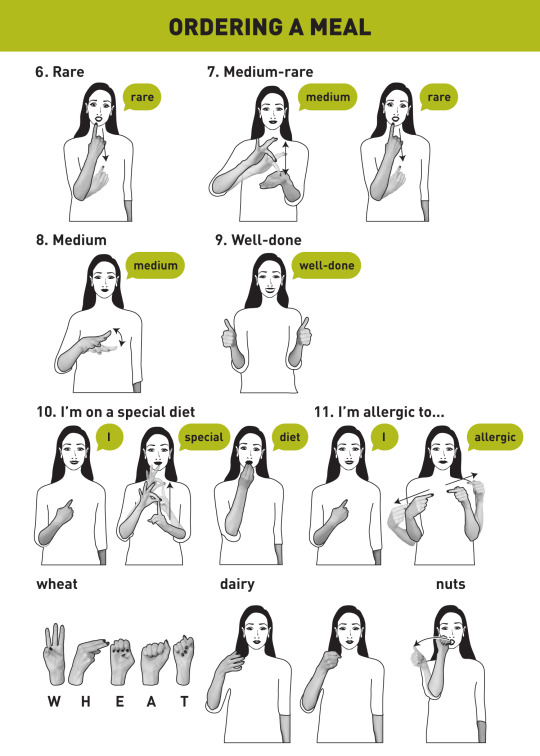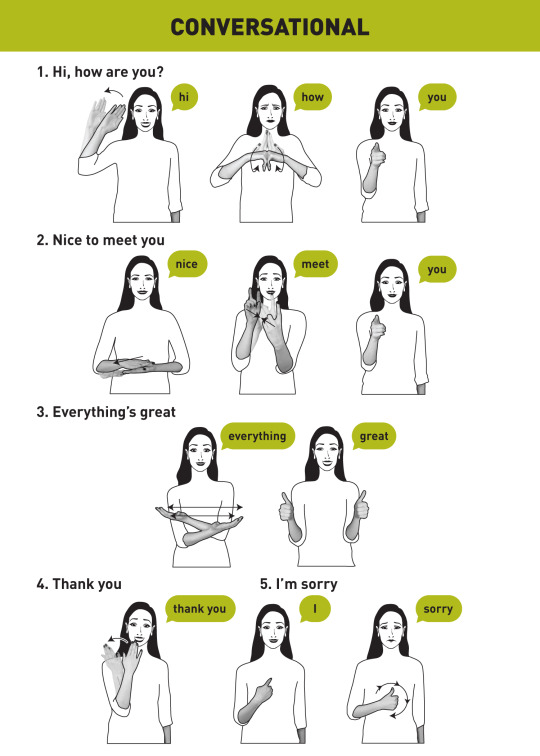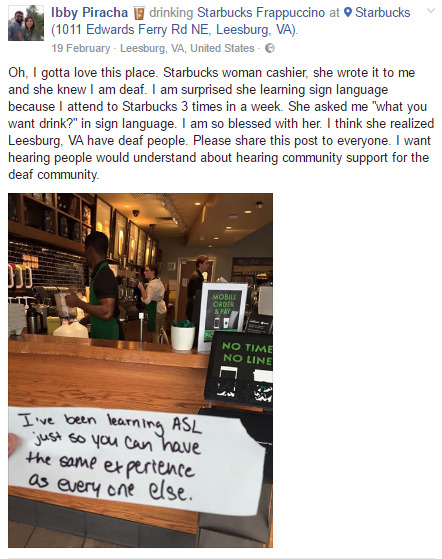Link
Decided to add this to the blog as it is referenced in one of the other posts.
0 notes
Video
youtube
Just goes to show how much can get lost in translation...
0 notes
Link
Here is a really neat article on the history of languages. In the intro it goes over how we define languages as being ‘easy’ or ‘hard’ by how much they differ from our own native language. In my experience though, I had a much harder time trying to learn Spanish than Japanese, even though Spanish is much more closely related to my native language (English). What do you guys personally think makes a language ‘easy’ or ‘difficult’ to learn?
0 notes
Text
I totally agree with this statement! This really reflects my experience in learning foreign languages. Each language is very different, and a lot of it relates back to the individual location’s culture/history.
Is google translate enough for learning a new language?
https://www.theguardian.com/technology/shortcuts/2013/oct/08/google-translate-no-match-learning-language
This articles lists 10 reasons as to why google translate can never bridge the gap between languages. It lists reasons that range from lack of accessibility to loss in rich culture to misinterpretation to inaccuracy.
Knowledge questions:
1) Is the essence of knowledge, or meaning, in a particular sentence lost due to translation?
2) How significant is awareness of cultural knowledge of a foreign language when when learning that language?
I feel google translate is a very ‘mechanical’ means of learning a new language. One can truly understand a foreign language only when they’ve been exposed to it in real life. New languages bring new cultures with them and that is the most interesting part of learning a new language. This part of the process is completely omitted by the means of google translate. For instance, you may have learned an idiom in a new language but you will never know when and in what context to use it because you wouldn’t know the cultural connotations associated to it. My personal opinion is that one should use google translate only to supplement their learning, which would include translation of words or small phrases in addition to real life learning - which is talking to the native people of that language.
1 note
·
View note
Text
As a Japanese learner, I thought the mini conversation (in Japanese) was absolutely adorable!
Furthermore, the English translation really shows just how different Japanese and English are, and I hadn’t even noticed the particular verb usage up until now.
There was also one piece left out from the Japanese translation towards the end of the first line. “ んだ ” is a phrase/structure tacked on at the end of a sentence that literally translates to “it is”, but it is so contextual that we have no way of expressing it in English, so it is often just dropped during translation, even though, like I said, it is still very important to the sentence contextually.
Japanese Language in Real Life
A very existential conversation with my elementary school student today (which is actually quite usual):
生徒「あ、ニック先生がいるんだ!」
ニック「うん、いるよ。」
English transliteration:
Student: Oh, Mr. Nick exists!
Nick: Yup, I exist.
1 note
·
View note
Quote
Please don’t ever apologize to me for struggling with speaking English, and fuck anyone who ever made you feel stupid for that.
Unknown (via deeplifequotes)
I thought that this was really beautiful and just wanted to share it on this blog.
4K notes
·
View notes
Photo
Just a random post that I found. Really makes me question just how we define language. Technically body language, similar to ASL, is a type of language, but many people that I know do not consider it to be a formal language as a way of communicating. At the same time, body language really is a way to communicate. It’s the language of animals and insects and all sorts of other organisms on this planet, it just lacks the ability to express extremely complicated thought (relative to the thoughts of non-human organisms that don’t deal with things like ‘computers’ or ‘knives’).





Her strange training enables her to…read opponents. “Body language” is a real language for her. Her only language. With one glance, she already knew what they’d just started to think about doing.
1K notes
·
View notes
Photo
Here is a good example of the structure of ASL and how it differs from spoken English. Note how there are lots of particles of speech such as ‘to’, ‘with’, or ‘in’ that are dropped, and (what was most notable to me) the fact that any form of the verb ‘to be’ (’am’, ‘will’, ‘are’, etc.) is dropped in ASL. Also note in #13 the difference in the spoken English structure ‘How long will it take?’ versus the ASL ‘time how long’ (whereas most of us who use spoken English would think to shorten it to ‘how long take’ or ‘how long time’).



1K notes
·
View notes
Photo
More subtle than this awesome story, I love looking at the way this person wrote. To those of us who speak English fluently, it looks a bit unnatural as though a foreigner was trying to speak English, but, after having taken a closer look at the structure and usage of sign language, the way this person writes is almost exactly the same as how they would speak using ASL, even down to the variation in some of the words they use and the dropped particles. (sorry for the run on sentence)

1K notes
·
View notes
Text
Just another example of how sign language is often an abstraction of a spoken language but remains very different and individual.
According to my ASL teacher, we don’t say dragon in sign language. we say “spicy dinosaur” and I think thats beautiful.
164K notes
·
View notes
Note
I found this to be fairly interesting. There is a lot of discussion on whether or not sign language should be considered a foreign language (though at least for the sake of those who have no other form of communicating, it generally is considered to be). After having taken a slightly closer look at the sentence structures/speech particles/words used in ASL vs spoken English, it is very apparent to me that, as the above post states, they are VERY different languages. There are a lot of particles in spoken English that are dropped in ASL, which ultimately changes the structure ever so slightly so that it is easier to speak in, and, as stated in the above post, the words themselves can be quite different. For example, in ASL the words ‘I’ and ‘we’ are the same (pointing with yourself using your index finger), whereas in spoken English they are (obviously) two different words.
Perks of learning/knowing ASL (American Sign Language): you don't have to talk and everything is gender neutral👍🏼
AGGHHH this is greattt,, I’m taking ASL next year in 10th grade (I’m just a baby freshman rn) and I’m soo excitedd!!
278 notes
·
View notes
Text
I read this post shortly after I posted about the ling space’s consonant/vowel videos, and it really made me think about how we define languages as easy or hard. Obviously there is going to be some part of it due to the structure of the language and the vast number of exceptions each language has to its standard format, but the difficulty of a language is also probably in part due to the fact that different languages use different consonant/vowel sounds and intonation.
On the labeling of languages as “easy” or “hard”:
While it’s nice that you appreciate the complexity of one language, in doing so you invalidate the complexity of every other language, as well as the experiences of every other language learner. It is impossible to classify a language as “easy” or “hard” because first you have to define what makes a language easy or hard, and with something as complex as language it is impossible to do so. There are way too many factors to take into account, not only those of the language itself but those of native speakers as well as potential learners (which basically comes down to everybody on earth because in the end we are all potential learners of every language). So if someone asks “is (insert language here) hard?” the only accurate answer you can ever give is “it depends.”
And in the end, no matter how complex a language is, somewhere in the world there are three year olds speaking it, and no matter how simple a language may be, there are adult native speakers making mistakes in it.
335 notes
·
View notes
Video
This was a nice brief look at the variety of vowel sounds we can make and how they come into play in certain languages. From a different perspective, it really make me wonder why/how it came to be that most languages only primarily use five of the 28 different vowels? and wether this is caused by our specific biology and perhaps sculpted by the slight differences in biology for various races of people, or if this five vowel system has roots that go very far back in the history of spoken language.
youtube
How do we define vowel sounds? What are all the different vowels we can make? In this week’s episode, we return to the International Phonetic Alphabet to look at vowels: what parameters we use to define them, what variation we see across languages, and some ways we can play with them to create more categories of sound.
We definitely had fun making this one, and we hope you like it! Looking forward to hearing what you all think. ^_^
81 notes
·
View notes